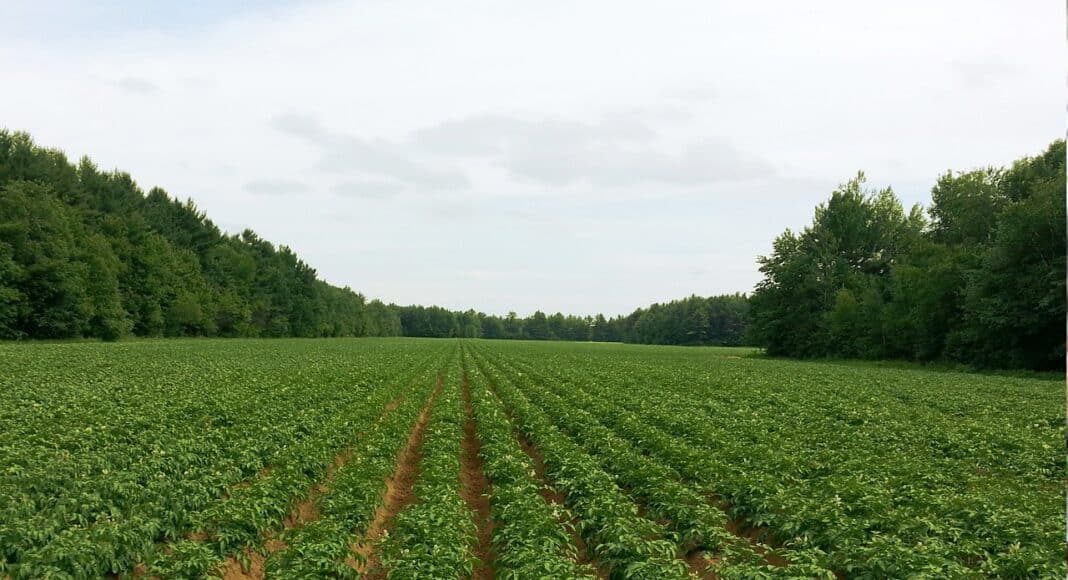The average value of Canadian farmland continued its steady climb in 2023, increasing by 11.5 per cent, slightly less than the 12.8 per cent increase reported in 2022, according to the latest FCC Farmland Values Report.
“Farmland prices have continued to increase at a rapid pace over the last couple of years, even when economic conditions suggested the growth should slow,” said J.P. Gervais, FCC’s chief economist. “A limited supply of available farmland combined with a robust demand from farm operations is driving that growth.”
Saskatchewan, Quebec, Manitoba, and Ontario experienced the most significant average provincial increases in farmland values, with double-digit rises of 15.7%, 13.3%, 11.1%, and 10.7%, respectively. Conversely, four provinces saw single-digit average increases below the national average: Nova Scotia at 7.8%, Prince Edward Island at 7.4%, Alberta at 6.5%, and New Brunswick at 5.6%.
British Columbia saw an average decrease of 3.1%, despite having the highest average farmland values.
Insufficient publicly reported sales in Newfoundland and Labrador, Northwest Territories, Nunavut, and Yukon hindered a comprehensive assessment of farmland value trends in those regions.
“The land market has shown to be very resilient,” said Gervais. “Purchasing land in the year ahead will come with careful consideration of the price and timing. Some operations will prefer to wait and see where land values will settle while others may move more quickly should adjacent land become available, or simply because it fits their strategic business plans.”
The estimated number of farmland transactions in 2023 is anticipated to have decreased slightly compared to 2022, reflecting a more cautious approach by farm operations regarding investment decisions. According to Gervais, the anticipation of lower farm revenues, along with increased borrowing costs and input prices, is likely to prolong this cautious environment for farmland transactions into 2024.
Gervais recognizes that the decreased affordability of farmland poses a challenge for young producers, newcomers, and those aiming to expand their land holdings. This situation may increase risk for some operations as they grapple with rising rental rates and input costs.
The report notes that the receipts of grains, oilseeds and pulses in Canada increased by 0.4 per cent in 2023 and are projected to decline by 13.2 per cent in 2024.
“The good news is that farmland value increases reflect a positive outlook for the demand of agriculture commodities and the quality food we produce in Canada,” Gervais said. “Producers have a long track record of making strategic investments in land. These long-term investments in food production have spurred growth and create a bright future for Canada’s agriculture and food industry.”











